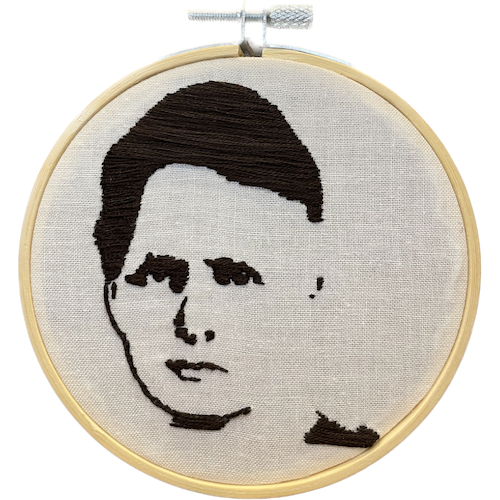
Marie Curie
Marie Curie (born Maria Salomea Skłodowska) was a Polish physicist and chemist well known for her groundbreaking work in radioactivity (a term she coined).
Following Henri Becquerel's discovery of radioactive properties in uranium, Marie was inspired to pursue research into uranium for her thesis. Her husband, Pierre Curie, became so intrigued by her research that he dropped his own work to join her.
Between 1898 and 1902, the Curies published 32 scientific papers, including one that announced that, when exposed to radium, diseased, tumor-forming cells were destroyed faster than healthy cells.
In 1903, Marie, Pierre, and Becquerel were awarded the Nobel Prize in Physics for their research in "the radiation phenomena." Originally intending to only award Becquerel and Pierre the award, Pierre complained to the committee and Marie was included, making her the first woman to win a Nobel Prize.
8 years later, Marie went on to win a second Nobel Prize (in Chemistry) for the discovery of polonium and radium, making her the first person to win the Nobel Prize twice. Curie never patented her discoveries so that the scientific community could do research unhindered.